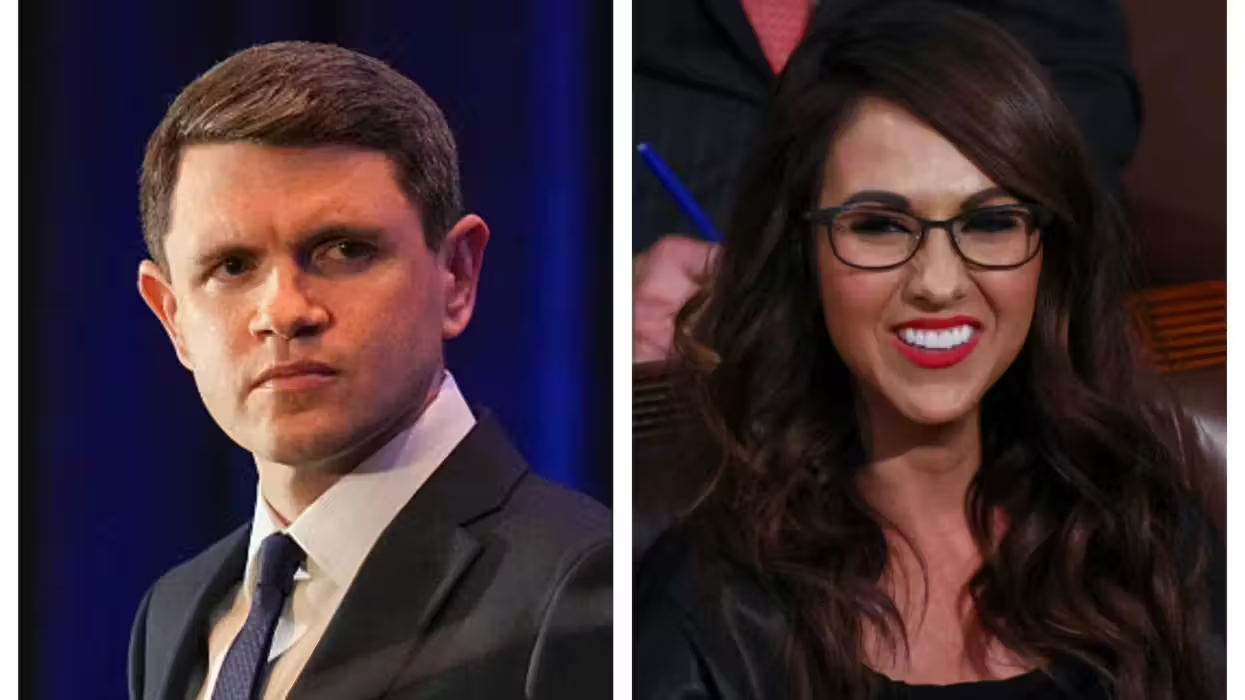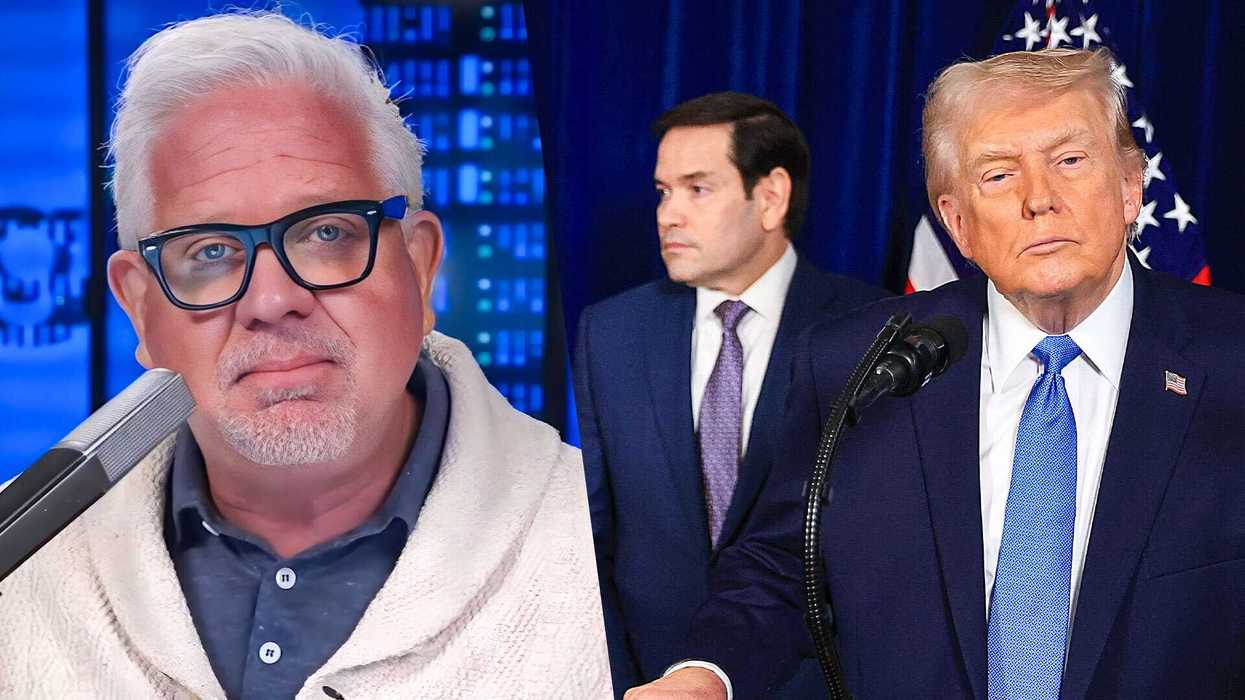WASHINGTON (AP) — President Barack Obama told voters repeatedly during the health care debate that the overhaul legislation would bring down fast-rising health care costs and save them money. Now, he's hemming and hawing on that.
So far, the law he signed earlier this year hasn't had the desired effect. An analysis from Medicare's Office of the Actuary this week said that the nation's health care tab will go up — not down — through 2019 as a result of Obama's sweeping law, though the increase is modest.
Obama offered some caveats when asked in his news conference Friday about the apparent discrepancy between what he promised and what's actually happening so far. On several other topics, too, his rhetoric fell short of a full accounting.
___
EDITOR'S NOTE — An occasional look at assertions by public officials and how well they adhere to the facts
___
A look at some of the claims at his news conference and how they compare with the facts:
OBAMA: Said he never expected to extend insurance coverage to an additional 31 million people "for free." He added that "we've made huge progress" if medical inflation could be brought down to the level of overall inflation, or somewhere slightly above that.
THE FACTS: Those claims may be supported in the fine print of the plan he pitched to Congress and a skeptical public months ago. But they were rarely heard back then. "My proposal would bring down the cost of health care for millions — families, businesses and the federal government," he declared in March.
Last August he predicted: "The American people are going to be glad that we acted to change an unsustainable system so that more people have coverage, we're bending the cost curve, and we're getting insurance reforms."
On Friday, he conceded: "Bending the cost curve on health care is hard to do." The goal: "Slowly bring down those costs."
The White House contends that although health care costs will rise when most of the changes take hold in 2014 and coverage is extended to the uninsured, costs will go down over the longer term as controls kick in.
___
OBAMA: "We took every idea out there about how to reduce or at least slow the costs of health care over time."
THE FACTS: One idea that most experts believe would do the most to control health costs — directly taxing health benefits — was missing in Obama's plan. Opposition from unions and others was too great, and Obama himself had campaigned against the idea.
Some of the major cost controllers that did make it into the law — including a tax on high-value insurance plans — don't start until 2018. That tax was watered down and delayed, and other cost-control approaches also softened after opposition from hospitals and other interest groups.
Health spending already accounts for about 17 percent of the economy and is projected to grow to nearly 20 percent in 2019.
___
OBAMA: "So these policies of cutting taxes for the wealthiest Americans, of stripping away regulations that protect consumers, running up a record surplus to a record deficit — those policies finally culminated in the worst financial crisis we've had since the Great Depression."
THE FACTS: The president probably meant the broader economic crisis and not the meltdown of the financial industry when he talked about the "financial crisis." True enough, George W. Bush entered office with a $236 billion budget surplus in 2001, and in January 2009, before Obama was sworn into office, the Congressional Budget Office projected the deficit for the fiscal year 2009 to be $1.2 trillion.
But the surpluses the government foresaw in 2001 were based on a bubble economy that was bound to burst. And the deficit Obama inherited was only partly from Bush's fiscal policies.
Mostly it was a result of a recession that sapped tax revenues, increased the costs of safety net programs and demanded more government spending to stimulate the economy. As recently as 2007, the budget deficit was just $161.5 billion. The current annual deficit is now an estimated $1.5 trillion.
___
OBAMA: Asked how he can lecture Afghan President Hamid Karzai about corruption when it's fueled in part by U.S. aid dollars, Obama said: "I've said to my national security team ... Let's be consistent in terms of how we operate across agencies. Let's make sure that our efforts there are not seen as somehow giving a wink and a nod to corruption."
THE FACTS: While acknowledging the situation is messy, Obama seemed to minimize it.
"Are there going to be occasions where we look and see that some of our folks on the ground have made compromises with people who are known to have engaged in corruption?" he asked. "You know, we're reviewing all that constantly and there may be occasions where that happens."
The United States spends more than $100 billion annually in Afghanistan, the world's second-poorest nation and one of the most corrupt. U.S. officials acknowledge that a significant percentage of the U.S. bankroll enriches shady characters even as it may finance worthy projects, or is stolen outright.
The CIA has paid Afghan warlords and power brokers for years, relying on them as informants and as leverage in the country's internal ethnic and tribal squabbles. Intelligence officials say payouts are cheap insurance, but development officials and diplomats say the money supports a culture of bribery.
Obama pledged to keep up pressure on Karzai. The Afghan leader recently intervened to free a presidential aide arrested on suspicion of soliciting a bribe. U.S. investigators played a central role in fingering the aide.
___
Associated Press writers Jim Kuhnhenn and Anne Gearan contributed to this report.







